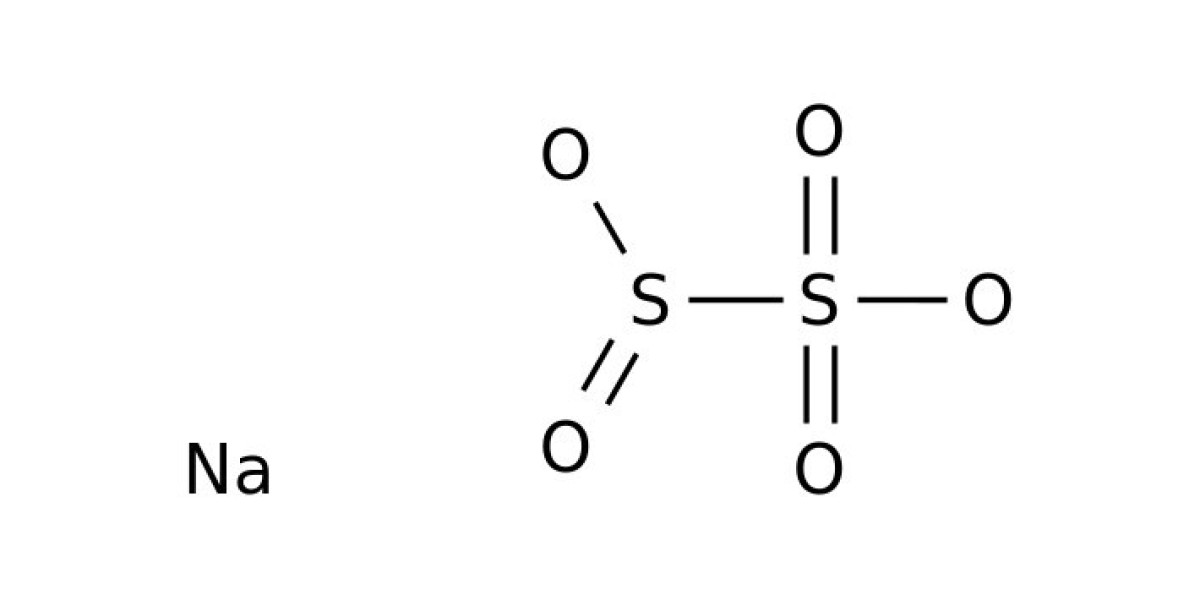You've probably encountered many products containing sodium metabisulfite without even realizing. It's often used in commercial food preservation and wine making, according to a September 2019 study in the European Journal of Clinical Nutrition (EJCN). Though sodium metabisulfite is a common food additive, for some people, it can cause negative side effects.
Sodium Metabisulfite in Food
Sodium metabisulfite is a type of sulfite additive. It is used as a preservative and antioxidant to prevent browning and discoloration during food preparation and distribution, according to the Cleveland Clinic. It is often found in wine and dried fruits.
Sodium metabisulfite is also commonly used in a number of other industries, not just food and beverages. It's used as a general bleaching agent in the textile, pulp and paper industries, according to the National Center for Biotechnology Information (NCBI). It also has uses in the chemical, pharmaceutical, film and photographic industries, and even in water and sewage treatment plants.
Sodium Metabisulfite and Your Health
On its own, pure sodium metabisulfite can actually be hazardous. The powder is highly irritating to skin and tissue and is toxic to inhale, per the NCBI. It's also corrosive when mixed with water.
As a food preservative, sulfites — including sodium metabisulfite — can cause respiratory symptoms for some people, particularly people with asthma. Sulfites can cause wheezing, chest tightness and coughing in 5 to 10 percent of people with asthma, according to the Australian Society of Clinical Immunology and Allergy (ASCIA).
Reduce Your Risk
Sulfites in food actually used to be much more common. But a number of cases of severe reactions in the 1970s and '80s prompted the Food and Drug Administration (FDA) to prohibit their use in fresh fruits and vegetables, per the Cleveland Clinic. Today, sulfites are permitted in foods such as beer, wine, shrimp and potatoes. Sulfites are also found in dried fruit, syrups, jams, jellies, breads and pizza dough, according to the ASCIA.



